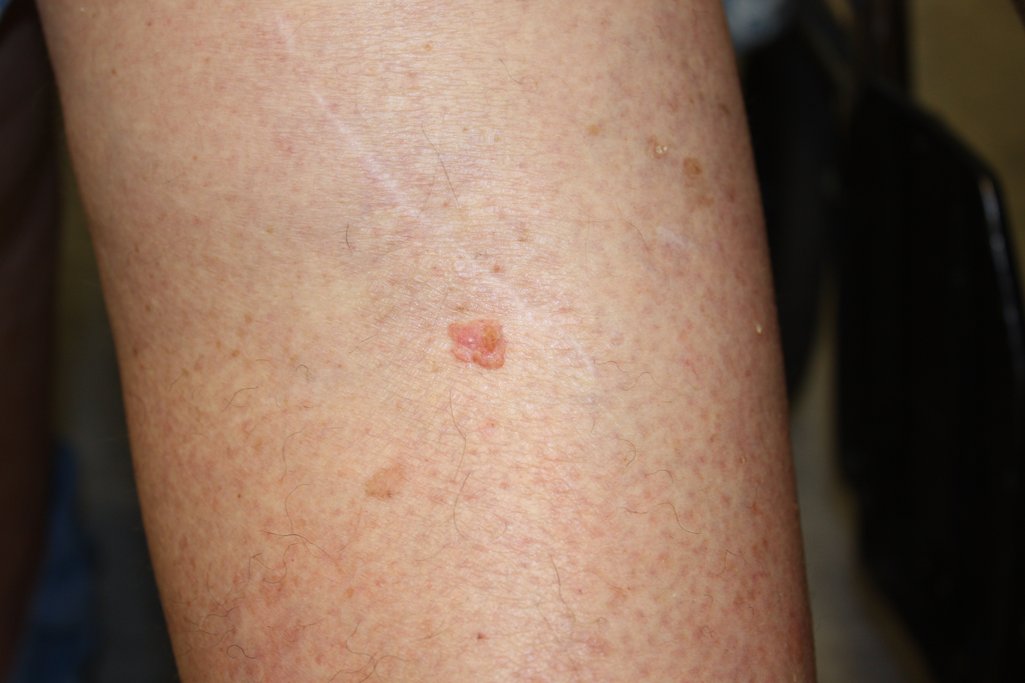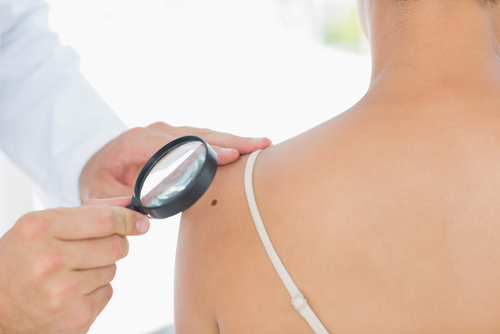A recently-published study from Norway confirmed many of our previous studies here in the U.S. about the risks of indoor tanning risks. It also provided some additional important information.
The Norwegian Women and Cancer Study enrolled 172,000 women in one of their studies, of which 69% had reported ever using indoor tanning. Of the women who had done indoor tanning, 20% had a less than 10 year history of use and 33% had started before the age of 30.
The study specifically looked at the risk of developing squamous cell carcinoma, which is the most common form of skin cancer and one of the most common types of cancer worldwide. Interestingly, researchers found no association between the age of starting indoor tanning and developing this type of skin cancer.
 However, the research did find that women with ANY history of indoor tanning were at increased risk of skin cancer compared to women who never used tanning beds. This aspect confirmed other studies that have shown that there is no safe lower limit for indoor tanning devices.
However, the research did find that women with ANY history of indoor tanning were at increased risk of skin cancer compared to women who never used tanning beds. This aspect confirmed other studies that have shown that there is no safe lower limit for indoor tanning devices.
Users were rated based on their number of total lifetime sessions, with 1-38 tanning episodes rated as low, 39-240 rated as medium, and greater than 240 as high use. Compared to those who never used tanning indoors, the squamous cell skin cancer risk increased 29% in the low, 60% in the medium and a stunning 83% in the high category.
This information basically not only showed increased risk of skin cancer with using tanning beds, it also demonstrated that the more you tan, the steadily higher the risk. This is known in medicine as a dose-response association: the higher the dose of tanning sessions, the higher the risk of skin cancer.
The dose-response association makes sense from a common sense point of view. However, this is the first scientific population study that proves the association to be more than a correlation.
 We at Maine Laser Skin Care know that this has been a depressing time, especially here in Maine. We have just come out of a long winter, and then got thrust into a stay-at-home quarantine.
We at Maine Laser Skin Care know that this has been a depressing time, especially here in Maine. We have just come out of a long winter, and then got thrust into a stay-at-home quarantine.
A nice, warm tanning bed sounds attractive psychologically, but hopefully, the information from this study will convince you not to start tanning. We also hope that if you do tan, you will stop.
Obviously, we recommend the use of sunscreen every day and limiting the exposure to outdoor sun as well. Remember, no tan is a good tan.
If you do have spots or broken blood vessels from old sun damage, we can help resolve with our laser technologies and expertise after treating these since 2003. The national and state Centers for Disease Control cleared Maine Laser Skin Care to be open by appointment only for now, so we can schedule a free consultation to determine what treatment may be right for your skin.
Please call us either in Augusta at (207) 873-2158 or in Scarborough at (207) 303-0125 to schedule your next appointment today. We look forward to seeing you soon.

